Are you trying to manage stress better to minimize the physical and emotional toll it takes on you?
Are you trying to find the right tools to regain that peace and calm that’s been eluding you?
Then you’ve found the right place.
I’ve personally been through traumatic life experiences, had to face great health challenges and intense phases of stress but I was determined to develop tools and techniques to start living happy despite the challenges, grateful despite the losses, and healthy despite tremendous health situations — which have put me into this special position where I feel, I have so much to share, so much to give. If you are looking to chart your own path, out of feeling stressed and overwhelmed, recapturing that inner calm and peace that has been eluding you (despite your life circumstances — because there is so much, we feel we just can’t change or don’t have control over) – I’m here to support you on your journey.
The most important thing I’ve learned that I want to share with you right of the bat:
Routines have to be small and easy but effective and CONSISTENCY is the key!
Click on any of the options below to get started.
How stress affects us, physically and emotionally.
We are all familiar with our bodies stress response – the fight or flight response – where the adrenaline kicks in, cortisol is released into the body and you become faster, stronger, highly alert, you react quicker – this response in your body can keep you safe when danger looms – it is a healthy and amazing response happening in your body.
But when we are under constant stress, when stress becomes chronic and the HPA axis stays activated, our bodies are continually flooded with cortisol and adrenaline. What is the HPA axis? The Hypothalamus – Pituitary – Adrenal System which regulates our long-term stress. The Hypothalamus releasing CRH (corticotrophin) which is a hormone that activates the Pituitary Gland to release ACTH (adrenocorticotropic) which is another hormone, that stimulates the Adrenal cortex to release cortisol into the body. When we experience chronic stress, it becomes difficult for our body to switch from the fight or flight response of the sympathetic nervous system back into rest and digest response of the parasympathetic nervous system.
When we suffer from chronic stress it can start affecting any of our body systems, we can become irritable, may develop anxiety or depression, chronic stress affects the nervous system so we can start developing headaches or nervous disorders. The cardiovascular system is affected and we might experience high blood pressure, and increased risk of heart attack. Stress also lowers our immune system making us more prone to infections and illness, and it can even affect the respiratory system, muscles and bones, put us at higher risk of developing digestive disorders, and can even affect the skin. Stress can be at the root of developing diabetes, weight gain, developing addictions, and auto-immune disorders.
A Study released out of Sweden monitored 100,000 people over 30 years. Those who had been diagnosed with a stress disorder like chronic stress or PTSD had a 30-40% higher likelyhood of develop an autoimmune disease (rheumatoid arthritis, inflammatory bowel disease, endometriosis, autoimmune thyroid conditions, lupus and more) which underlines the high correlation between stress and physical illness.
Stress can make us physically sick and the stress itself and the physical manifestation of stress can cause emotional strain (feeling irritable, anxious, angry, worried, depressed, etc.). Stress can also have a huge impact on our sleep, especially the quality of sleep and quantity of sleep, which affects how rested we feel when waking up in the morning. Did you know that your brain and body actually process stress while you sleep? So, if you don’t get the enough restful sleep, your body won’t process stress effectively while sleeping.
Research suggests that 70% of sleeping problems are related to psycho-physiological issues and only 15% each are related to the environment or medical issues. Increased cortisol levels impact our body’s ability to maintain melatonin levels that promote restful sleep. Many people wake up during the night, especially between 1am and 3am. According to Chinese medicine our organs work on a 24 hour clock, and the time between 1am and 3am is liver time, the time when the liver performs its regenerative functions. One thing the liver needs to carry out its restorative function is energy, and for that it uses glycogen from the body’s sugar stores. So, if we spend the whole day stressed and with your blood sugar levels going up and down by the time it gets to 1am, there will not be enough glycogen left for the liver to carry out its regenerative functions. In this scenario, the body produces adrenaline as an energy source to compensate – and as adrenaline is designed to keep us awake, we will wake up and may have a hard time going back to sleep. That’s why managing stress levels is so important when we want to improve our quality and quantity of sleep.
Unmanaged stress can be at the root or contributing factor to many physical and emotional challenges we may be facing which means finding tools and techniques to help us process stress better, increase our stress management capacity, and incorporate routines that help us to release, restore, and recharge to experience greater balance and inner calm, are central to living a heathier lifestyle.
Are you ready to start with one easy tool and routine to tackle YOUR daily stressors?
Discover Essential Tools & Routines
Watch My Introductory Video to Help You Reduce Stress & Restore Balance
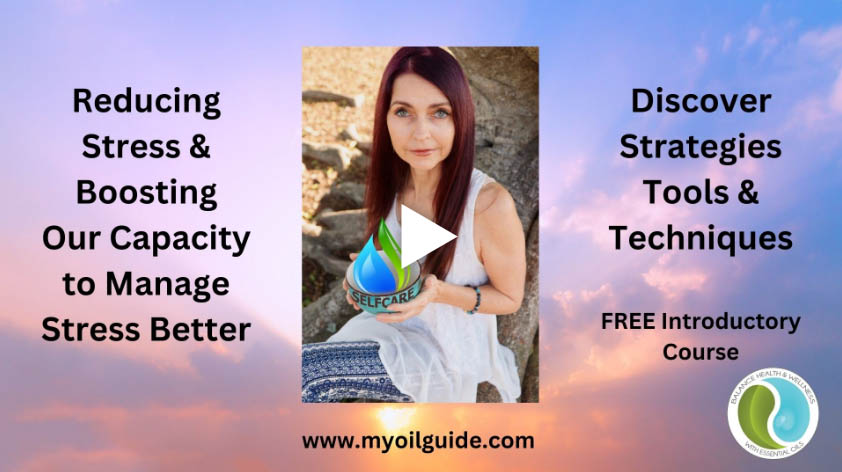
- Learn about stress and its effects on body & mind
- Discover tools to raise awareness and consciousness
- Get helpful tools to help you tackle your stressors
- Learn to stimulate the Vagus nerve (your on/off switch)
- Get to practice a grounding morning routine
- Incorporate calming exercises throughout your day
- Find out which essential oils might work best for you
- Experience mindset shift and learn to release and let go
- Find out how diet and nutrient absorption affect stress management capacity
- Discover techniques to improve the quality and quantity of sleep
- Find out how your metabolism affects stress management
and more!
A lot of the tools/routines/information I share reside on the membership side of my website. Simply register below to become a free member and start watching. No marketing funnels, no spam, just a great resource for you to enjoy.
Free Membership Benefits:
Access to eBooks
Access to Courses/Classes
Access to Member ONLY Resources
Access to Personalized Support
“I can’t wait for you to get started and experience a true transformation, recapturing that calm and inner peace that’s been eluding you, and experiencing positive effects on your physical wellbeing and emotional balance.”

Do You have Questions?
Need personalized support?
Please use the form below to connect with me, so we can start the conversation — whether via phone call, texts, or email communication, whatever is easiest for you.
Scarlet Strapko, NAHA Certified Professional Aromatherapist
Disclaimer
The information presented is for educational purposes only and not intended as a substitute for medical counseling. The statements made above have not been evaluated by the Food and Drug Administration. The products mentioned are not intended to diagnose, treat, cure, or prevent any disease or illness.


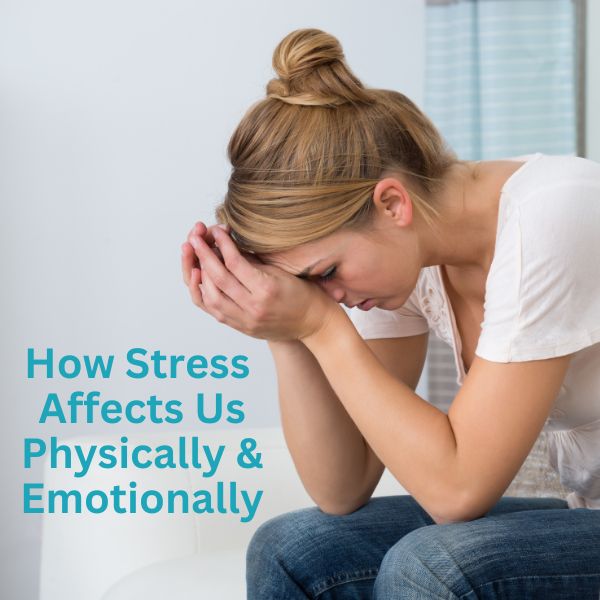

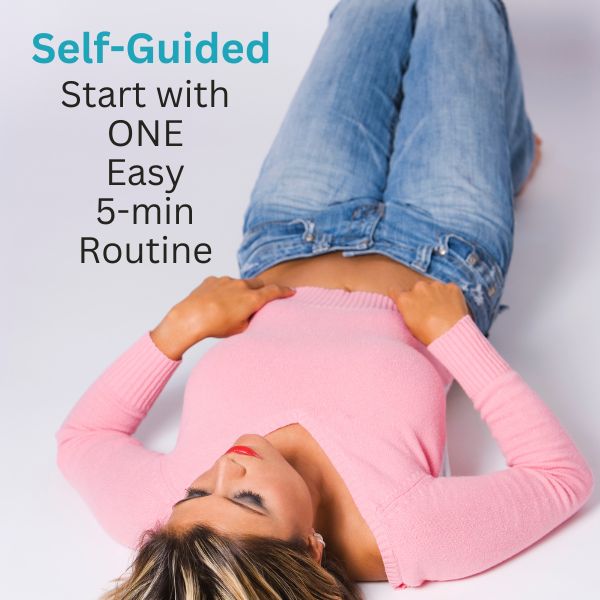
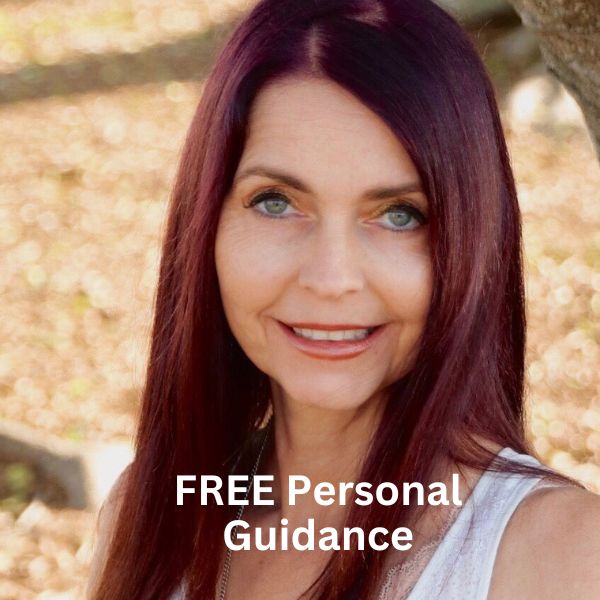


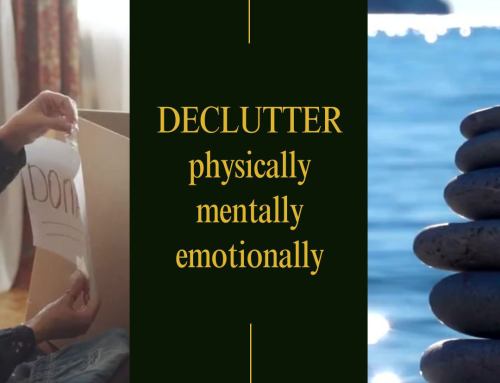


Leave A Comment